Horizontal geothermal for 100m2 home
seanin
last year
last modified: last year
Related Stories
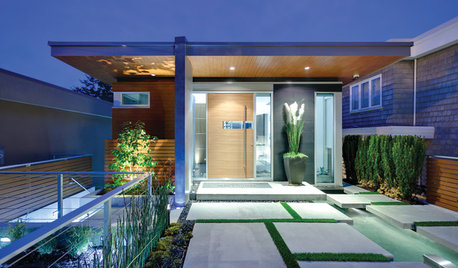
EVENTSSee 8 Stunning Abodes From 2 Modern Home Tours in Canada
Can’t make it to British Columbia for 2 upcoming modern home tours? No sweat. Here’s a sneak peek
Full Story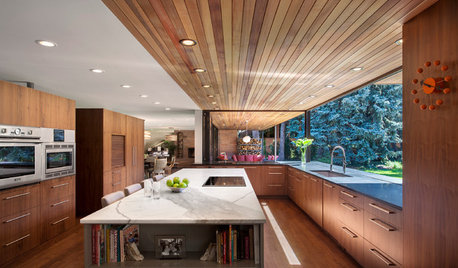
EVENTSSneak a Peek at 7 Homes From Denver’s Modern Home Tour
A wine cube with a glass ceiling, a remodeled Eichler and other structures exemplify modern design in Colorado
Full Story
GREAT HOME PROJECTSHow to Bring Out Your Home’s Character With Trim
New project for a new year: Add moldings and baseboards to enhance architectural style and create visual interest
Full Story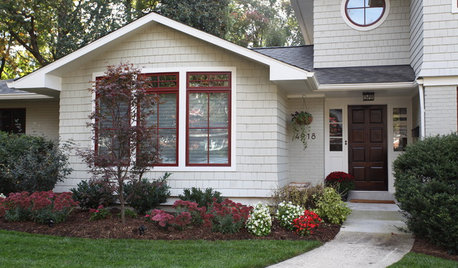
EXTERIORSHouzz Call: Show Us Your Home’s Exterior Makeover
Have you improved the curb appeal of your house? If so, we’d love to see the before-and-after
Full Story
FEEL-GOOD HOME9 Ways to Boost Your Home’s Appeal for Less Than $75
Whether you’re selling your home or just looking to freshen it up, check out these inexpensive ways to transform it
Full Story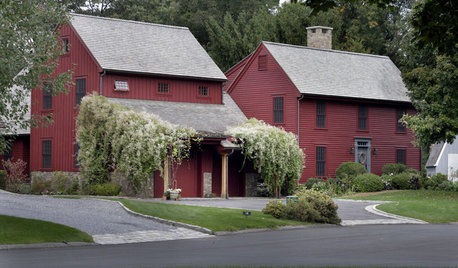
GREAT HOME PROJECTSReady to Repaint Your Home’s Exterior? Get Project Details Here
Boost curb appeal and prevent underlying damage by patching and repainting your home’s outer layer
Full Story
MODERN HOMESHouzz Tour: New Home’s U Shape Lets the Forest In
An architectural gem in Connecticut has two levels of glass walls providing beautiful views of the surrounding trees
Full Story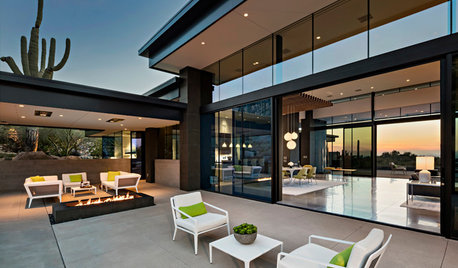
HOUZZ TOURSMidcentury Case Study Houses Inspire a Desert Home’s Design
An architect blurs the lines between a new home and the vast Arizona landscape around it
Full Story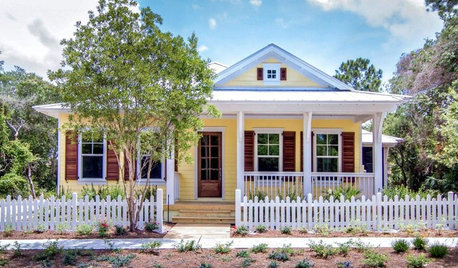
CURB APPEALWhat to Know About Getting Your Home’s Exterior Trim Painted
Learn when it makes sense to change the color of your exterior trim and how much this project might cost
Full Story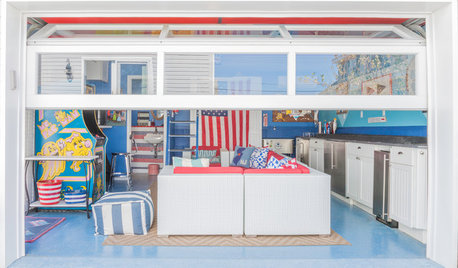
GARAGE CONVERSIONSCould This Be Your Home’s Next Bonus Room?
See 6 former garages that became an office, guest cottage, home theater, hangout spot or playroom
Full Story



dan1888
sktn77a
Related Discussions
Geothermal Horizontal Loop and Landscaping
Q
Geothermal quotes and insulation options
Q
regular geothermal vs. direct geothermal
Q
GeoThermal Price Check....
Q
MsRosie
David Cary
seaninOriginal Author
seaninOriginal Author
MsRosie
seaninOriginal Author
dan1888
Elmer J Fudd
dan1888
kevin9408
Elmer J Fudd
dan1888
sktn77a
seaninOriginal Author
dan1888
dan1888
seaninOriginal Author
dan1888
Elmer J Fudd
dadoes
seaninOriginal Author
Elmer J Fudd
seaninOriginal Author
dadoes
seaninOriginal Author
David Cary
Seabornman
kevin9408